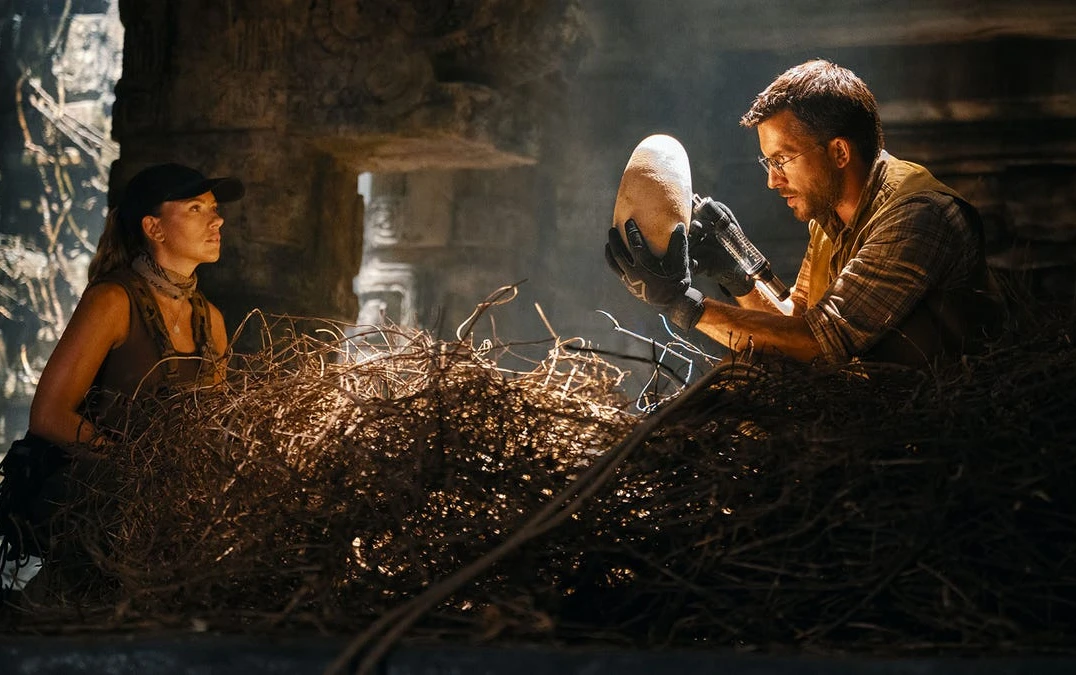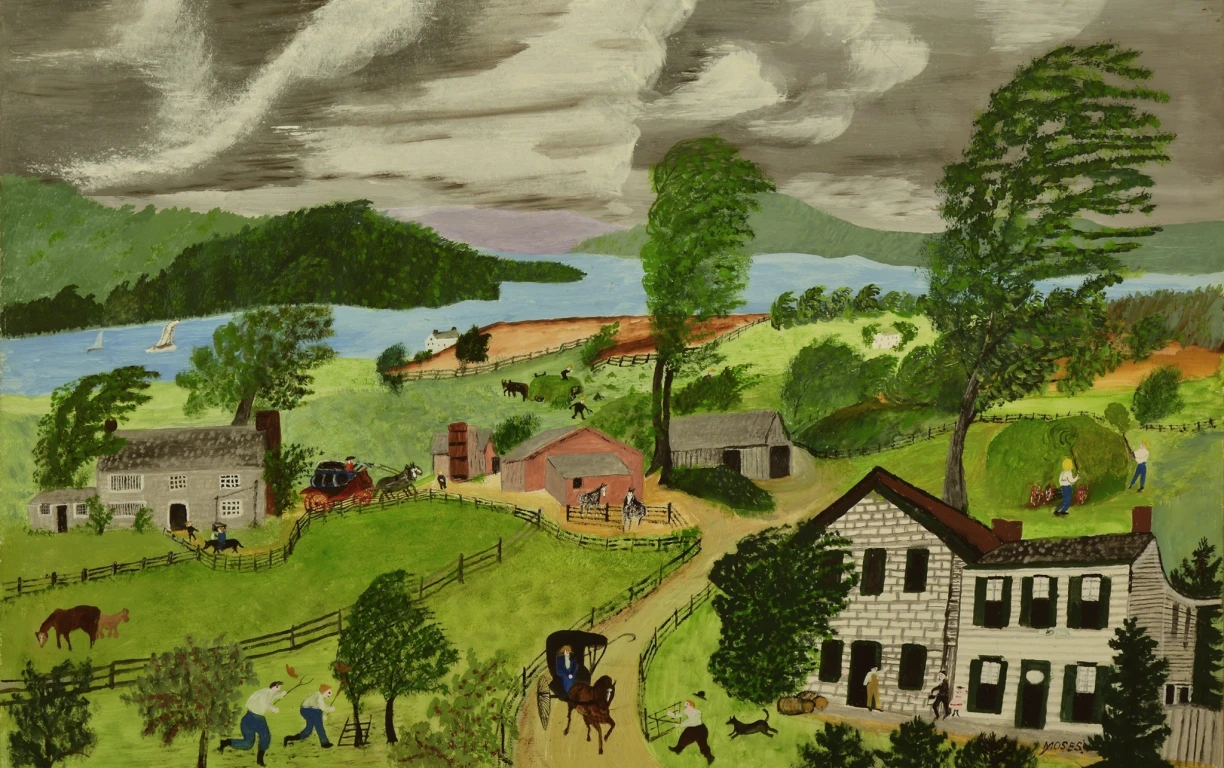There’s an ironic parallel between the state of the Jurassic franchise and the premise of the original film: a group of greedy executives doing the impossible to keep something alive that should have been left to rest. The most compassionate choice might’ve been to let it die and simply cherish its memory.
It has become pretty obvious that ideas are running out for this movies and writers seem to be in serious trouble looking for clever ways to get the prehistoric excursions going. In this latest installment, it seems the writing team couldn’t decide between two different plot ideas—so they didn’t. Instead, they mashed both together, connecting them loosely at the beginning and end. As a result, the movie feels split in two.
On one side, we have Team Scarlett Johansson, following a storyline about a pharmaceutical company seeking a cure for heart disease. To achieve this, they must illegally retrieve dinosaur tissue samples from a restricted zone with the help of a crew of scientists and shady operatives. It’s not groundbreaking, but it’s the kind of premise you expect from this franchise—and a serviceable excuse to return to the park for a seventh time.
Meanwhile, a second narrative unfolds around a Latino family led by Manuel Garcia-Rulfo. His character, a passionate sailor and widowed father, takes his two daughters—and the oily boyfriend of the eldest—on a sentimental voyage aboard a boat he built himself. The trip is meant as a final family bonding experience before Teresa, the eldest daughter, leaves for college. It’s a personal, grounded setup… until, inevitably, the dinosaurs show up.
Their boat is attacked by a Mosasaurus—conveniently, the same creature being pursued by Team Scarlett. This coincidence serves as the forced hinge on which the two storylines collide. The rescue mission devolves into chaos when the entire ensemble is ambushed by a pack of dinosaurs. The group is divided, and both factions become stranded on the franchise’s ever-reliable “forbidden research island.” A mild dramatic tension emerges between certain characters across the two groups, but it’s one of the film’s few and fragile attempts at narrative cohesion.
From that point on, the mercenaries search for more tissue samples as they try to reach an abandoned research facility where they expect extraction. Meanwhile, the family follows a series of pipelines in hopes of finding a radio—coincidentally leading them to the same facility.
Of the two parallel storylines, the sample-retrieval arc proves far more compelling. While the characters aren’t particularly charismatic, there’s at least an attempt at interpersonal conflict and dynamic decision-making. It also delivers the franchise’s core ingredients: grand, awe-inspiring dinosaur moments underscored by John Williams’ swelling score; edge-of-your-seat suspense sequences; and, of course, a healthy dose of dino-induced carnage. However, the momentum is continuously undercut by the family subplot, which drags down the pacing and feels emotionally hollow. These characters contribute little to the central narrative, and their presence feels like filler—an obligation to check the “family appeal” box rather than a meaningful addition to the story.
There’s little reason to care about the family. They’re not particularly likable, nor do they contribute meaningfully to the main plot. It’s clear from the outset that no one’s getting eaten—this is, after all, a tentpole studio film. As a result, even their most perilous moments feel weightless.
To its credit, the film makes sporadic gestures toward recapturing the spirit of the original. There are nostalgic flourishes—the use of the classic score, the vintage-style title font, and a few well-composed wide shots that echo the franchise’s early grandeur. One scene, featuring a herd of long-necked dinosaurs roaming a misty valley, briefly conjures the sense of awe that once defined the series. But such moments are rare and don’t really justify giving it almost three hours of your day.
Then there’s the twist the writers have come up to bring some innovation to this new chapter in the franchise: mutant dinosaurs. It’s a concept with potential—one that could’ve injected horror or thematic depth—but here it lands with a dull thud. The mutations are superficial at best: a few extra fins, a strangely proportioned head, maybe a different skin texture. The most ambitious design is a T-Rex with a vaguely xenomorph-like head. It all feels like a missed opportunity to embrace the grotesque or explore the idea of genetic hubris in a meaningful way. But again, the film retreats into safety—it’s a family movie, and there’s only so much monstrosity allowed on screen.
In the end, Jurassic World: Rebirth feels like an empty experience. Once the popcorn's gone, you’re left wondering what exactly are you going to do for the next two hours (and leaving feels like a difficult choice after paying the price for the ticket).
In the end, this film is less a new chapter and more an echo of better ones. And once again, we’re reminded that maybe it’s time to let this franchise go with dignity. But until audiences stop showing up, the dinosaurs will keep coming back—whether we want them to or not.



